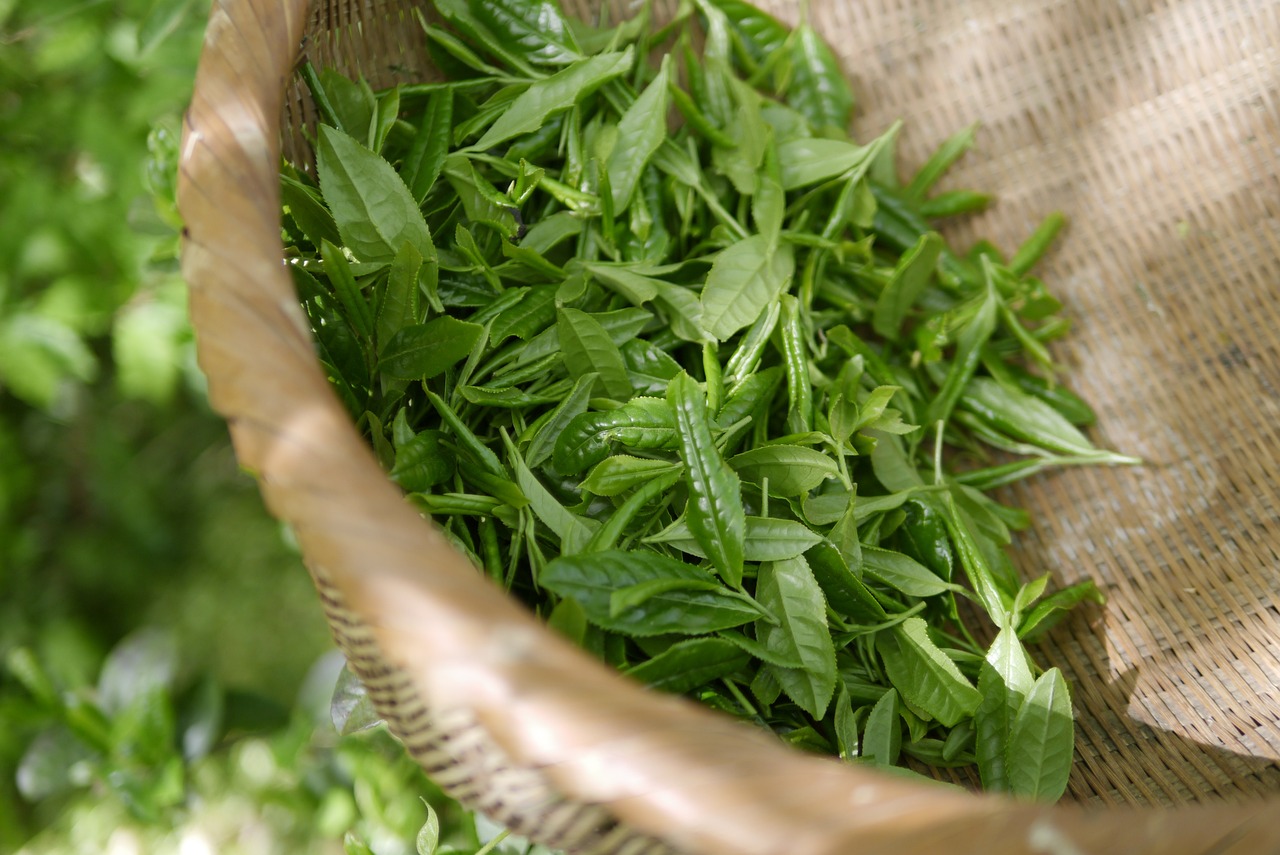 Can L-theanine cure mental health disorders?
Can L-theanine cure mental health disorders?
L-theanine is a non-protein based amino acid derived from the extracts of the Camellia sinensis plant (which is otherwise known as the tea plant). It is a derivative of L-glutamic acid and is able to cross the blood brain barrier, thus offering it a unique advantage as a treatment for mental health conditions since not all medicines are able to do this. L-theanine is a natural remedy for PTSD symptoms though it does not cure PTSD. It can, however, be an excellent adjunct therapy that people can use with something like Eye Movement Desensitization and Reprocessing / EMDR at home.
Below we focus primarily on the use of L-theanine for PTSD and other mental health problems, but note that many people can benefit a great deal from the use of EMDR along with L-theanine. EMDR is a type of therapy that uses a special tool to help the eyes move in a manner similar to how they are supposed to move during REM sleep to release trauma and restore balance to the autonomic nervous system. EMDR is a powerful healing method that was once something that could only be accessed through a psychologist. Today, tools have been developed to make it possible to do EMDR at home. EMDR works by releasing trauma that can cause depression, anxiety, schizophrenia, PTSD, bipolar disorder, and more.
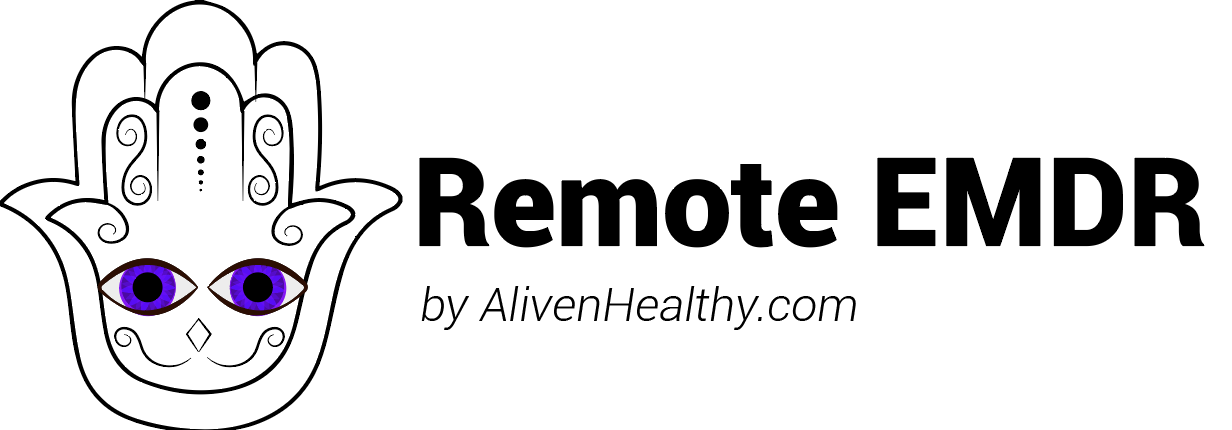
Click here to do a free trial of EMDR online.
Use L-Theanine to reduce negative feelings including depression and anxiety between EMDR sessions. L-Theanine can also be combined with psilocybin microdosing to permanently release trauma that causes mental illness. See below for more information about how to work with psilocybin for mental illness.
Uses and Therapeutic Applications of L-Theanine
Below is an overview of the various uses and applications of L-theanine in the treatment of both physical and mental health issues:- Anxiolytic / Anxiety-reducing
- Antidepressant
- Hypotensive / Lowers blood pressure
- Improves memory and cognitive function
- Antipsychotic
- Relaxant
- Treats insomnia
- Increases and modulates alpha brain wave activity
- Reduces beta brain wave activity
- Reduces stress levels
- May reduce cortisol levels
- May reduce immunoglobulin A levels
- Increases recognition memory
- Reduces delusions
- Regulates glutamate and glutamine concentrations in the brain
- Increases levels of GABA and glycine
- Improved plasticity of the synapses in the hippocampus
- Reduces activation of the sympathetic nervous system
- Stimulate production of brain derived neurotrophic factor (BDNF) in the hippocampus
- Stimulates the NMDA receptors in the brain
- Modulates the central monoaminergic nervous systems
- Increases dopamine and serotonin levels in specific areas of the brain (including the prefrontal cortex, hippocampus, and nucleus accumbens)
- Restores 5-HT levels in the prefrontal cortex (as well as levels of TNF-alpha, IL-6, and noradrenaline)
- Reduces plasma levels of corticosterone
- Reduces hippocampal cell death (apoptosis)
- Neuroprotective (especially after stroke or other types of brain injuries)
- Increases glutathione supply in astrocytes (a specific type of brain cell)
- Reduces Amyloid Beta cells

Click here to schedule a health coaching session with us.
Beyond Tea: Food Sources of L-Theanine
Green tea is by far the richest food source of L-theanine (with white, oolong, and black tea being somewhat less rich sources), but there are a few other sources of L-theanine as well, including some types of mushrooms, such as porcini mushrooms, among others. A 200mL cup of green tea may contain 25-60mg of L-theanine; this is significantly less than the therapeutic L-theanine dose of 200-400mg/day. While supplements are more likely to have a positive effect on the brain due to their concentrated content, between 4-8 servings of 200mL of quality green tea per day could have similar effects.L-Theanine for PTSD
Anxiety, depression, insomnia, and delusions can all be a part of a PTSD diagnosis, and are discussed individually in more depth below. Other common symptoms of PTSD include nightmares, difficulty concentrating, memory problems, and hyperarousal.There is only one major study that has been done to examine the effects of L-theanine for PTSD specifically. This study examined gene expressions that appeared in the hippocampus and amygdala mice with PTSD and how L-theanine positively affected these expressions. Changes in genetic expression caused by L-theanine supplementation were specifically noted in the amygdala, and included changes to the Gabra4 gene and the Drd1a gene.
The Gabra4 gene can either cause or prevent stress-enhanced fear learning (SEFL) in rats, as well as stimulate (or prevent) the production of a specific type of GABA receptor in the brain. Some studies have shown that the absence of this gene can cause symptoms similar to those seen in autism, such as decreased socialization and increased spatial awareness. Higher levels of GABA in the brain can also ultimately decrease reactivity, anxiety, fear, and stress. According to this particular study on the effects of L-theanine on different genes, the Gabra4 gene was upregulated in the non stressed L-theanine group of rats; the rats with PTSD didn’t exhibit a significant change, but it’s still worth nothing that L-theanine was able to work directly with this specific gene to incite positive change.
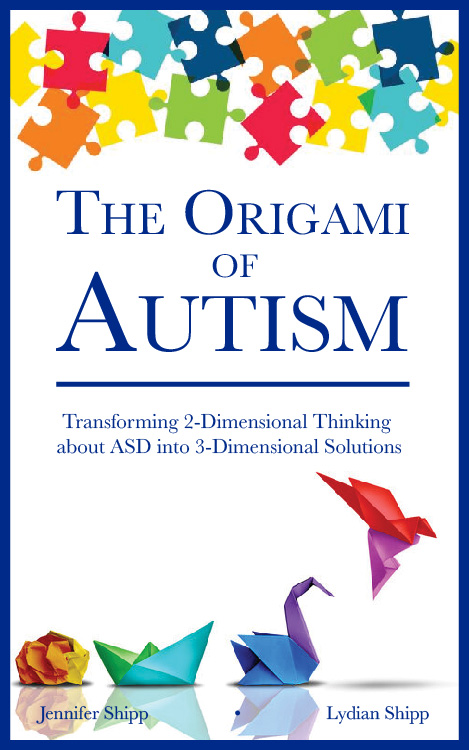 The Origami of Autism: Transforming 2-Dimensional Thinking about ASD into 3-Dimensional Solutions - BUY HERE!
The Origami of Autism: Transforming 2-Dimensional Thinking about ASD into 3-Dimensional Solutions - BUY HERE!
The Drd1a gene helps to produce D1 dopamine receptors. Thus, upregulation of this gene would encourage higher production levels of the D1 dopamine receptor, and subsequently would increase dopamine uptake in the brain. Dopamine that’s taken up by the D1 receptors will be used specifically for memory and learning, as well as to help regrow neurons (among some other functions, such as working to support a person’s own internal reward system). In this study, non stressed rats given a combination of midazolam and L-theanine were downregulated less than in the PTSD group taking only midazolam; to me, this suggests that midazolam would be unlikely to have a significant (if any) effect on improving dopamine uptake, whereas L-theanine may be a more promising treatment option for PTSD.
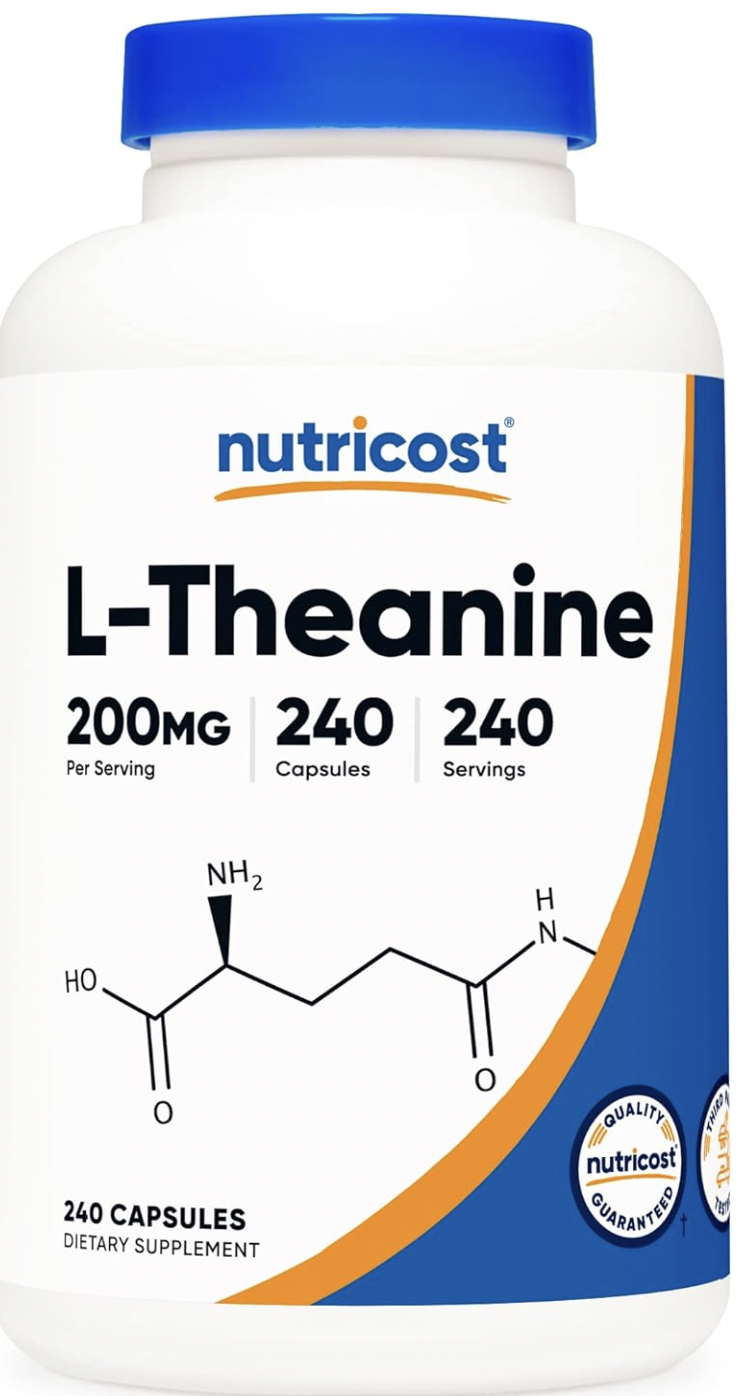
Click here to buy L-Theanine for PTSD.
L-Theanine for Schizophrenia and Schizoaffective Disorder
While patients with schizophrenia or schizoaffective disorder are likely to need a more powerful treatment (such as Acorus calamus or high-dose niacin therapy), L-theanine may be a valuable supportive treatment for people wanting to follow a more natural treatment path. Supplementation with this amino acid may help patients with schizophrenia or schizoaffective disorder to improve their memory, focus, mood, sleep quality, and more.One study demonstrated that L-theanine may help increase the effects of antipsychotic therapy in patients with these conditions. This amino acid was reported to reduce anxiety levels, improve mood, and reduce dysphoria in patients with both schizoaffective disorder and schizophrenia.
Another study into the use of L-theanine for schizophrenia and schizoaffective disorder administered a dose of 250mg/day of L-theanine for 8 weeks in addition to the patients’ existing antipsychotic treatments. The study found that L-theanine helps modulate glutamate + glutamine concentrations in the parietal and frontal areas of the brain.
A third study on 60 patients with either schizoaffective disorder or schizophrenia demonstrated that 8 weeks of L-theanine treatments dramatically reduced anxiety levels as well as improved general psychopathological symptoms of these two conditions.
Click here to subscribe to the Living Database!
L-Theanine for Depression and Major Depressive Disorder
Administration of L-theanine at a dose of 250mg/day for 8 weeks has been shown to reduce depression and improve symptoms of major depressive disorder (MDD). One study demonstrated that, over the course of 4 weeks, healthy individuals with symptoms of depression reported notably reduced depression levels after taking L-theanine in comparison to the study participants who had taken the placebo.L-theanine can diminish the activity and effect of certain genes associated with major depressive disorder, such as the S100a10 gene and the Gabrb2 gene. Note that these specific genetic changes that L-theanine can make also may support treatment for bipolar disorder. Finally, the agonistic (or activating) effect of L-theanine on the NMDA receptors may also play a role in the treatment of depression and major depressive disorder.
L-Theanine for Anxiety and Anxiety Disorders
L-theanine works to reduce anxiety levels and treat anxiety disorders through a similar mechanism that it works to treat depression and MDD. Studies have shown that L-theanine can specifically help reduce anxiety under resting conditions, but that it may not have a significant effect in reducing anticipatory anxiety levels (such as the kind of anxiety a person might have before giving a big presentation, for example). Animal studies support the idea that L-theanine is anxiolytic, and that administration of this amino acid reduces anxiety-associated behaviors in mice while also improving cognitive impairments caused by stress. If you suffer from anxiety, consider downloading the DreamLight.app as a brain entrainment tool that releases anxiety using guided meditations and hypnotherapy. This tool works very well with L-Theanine for anxiety disorders.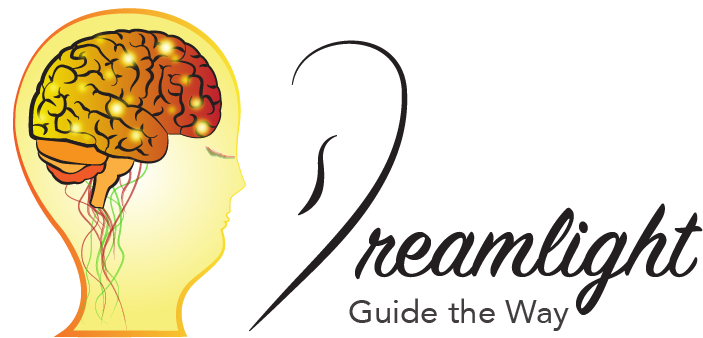
Click here to subscribe to the DreamLight.app.
L-Theanine for Insomnia
L-theanine is often administered to study participants before they go to sleep. Multiple studies have demonstrated the relaxing, sleep-supportive qualities of L-theanine. In fact, a 200mg dose of this amino acid taken at bedtime can encourage sleep through a reduction of anxiety, rather than through sedation like some sleep aids. Studies have also shown that L-theanine usage can help to reduce sleep disturbances during the night, and also reduces the need for pharmaceutical sleep medications in patients with insomnia.L-Theanine for ADHD
L-theanine has been shown in many studies to enhance attention and focus in people with ADHD by increasing alpha wave activity in the brain. One study observed that the attention-enhancing effects of L-theanine occur after 4 doses of 100mg each, or after just one 200mg dose. The anxiolytic (anxiety-reducing) effects of L-theanine may also contribute to its efficacy in the treatment of ADHD, since many individuals with ADHD struggle with anxiety.L-Theanine for Epilepsy
L-theanine is a promising supportive treatment for patients with epilepsy. Studies have shown that L-theanine supplementation can increase the threshold for limbic seizures, and can offer partial protection against generalized seizures. The anti-epileptic activity of L-theanine may be partially due to its interaction with the glutamate receptors; high levels of glutamate in the brain can cause seizures, and L-theanine’s antagonistic effect on glutamate can reduce the likelihood of seizures caused by glutamate toxicity. L-theanine may also help prevent neuronal cell death and microglial activation in patients with epilepsy.A daily dose of 200mg/day of L-theanine has been proven to successfully reduce seizure frequency in epileptic patients. Other dosages of L-theanine that have been used to reduce seizure frequency are 400mg/day and 800mg/day.
Side Effects of L-Theanine
The side effects of L-theanine are minimal. Even in daily doses of up to 800mg per day, no studies observed true side effects of this nutritional supplement. One study’s participants did report sleepiness after taking L-theanine, while some other participants said that they slept up to 2 hours longer than usual, or that they had more dreams.Is there a cure for PTSD and mental illnesses that are caused by trauma?
Lydian and I have worked intensively with psilocybin mushrooms to cure PTSD and we've had excellent results using this medicine both in the form of microdosing and as macrodosing. L-Theanine is an herbal remedy for PTSD that can be safely used along with psilocybin treatments. If you are looking for an at-home cure for PTSD that actually works, consider microdosing with psilocybin to get started. It is essential that you work with psilocybin with intention to treat PTSD. Our experience has been that men tend to need more guidance in terms of their intentions and integration than women in terms of integrative psychotherapy to get gold star results using the psilocybin mushrooms for PTSD. Macrodosing with psilocybin can be extremely valuable as well as a natural cure for PTSD, but if you've never worked with a psychoactive plant before, consider contacting us to schedule a health coaching session prior to your first dose of psilocybin for PTSD as well as to schedule an integrative psychotherapy session after macrodosing. We will discuss what to expect during a mushroom "trip", how to prepare an intention, microdosing, and macrodosing dosages, etc.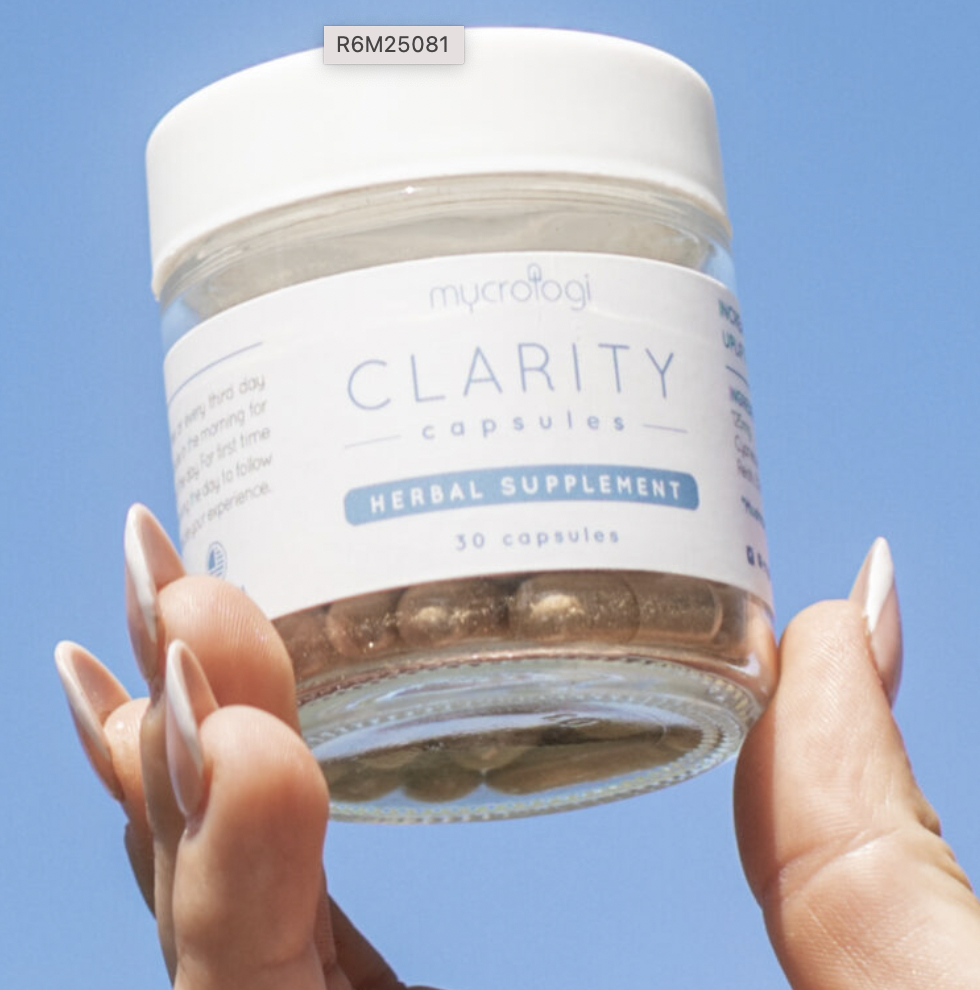
Click here to buy psilocybin online.
Resources:
Ceremuga, Tomas Eduardo, et. al. (2014). Effects of L-Theanine on Posttraumatic Stress Disorder Induced Changes in Rat Brain Gene Expression. Retrieved October 3, 2023 from: https://www.hindawi.com/journals/tswj/2014/419032/
Hidese, Shinsuke, et. al. (2016). Effects of L-Theanine Administration in Patients with Major Depressive Disorder. Retrieved October 3, 2023 from: https://www.cambridge.org/core/journals/acta-neuropsychiatrica/article/effects-of-chronic-ltheanine-administration-in-patients-with-major-depressive-disorder-an-openlabel-study/0373674887BEA9598D911C7B274A3432
Hidese, Shinsuke, et. al. (2019). Effects of L-Theanine Administration on Stress-Related Symptoms and Cognitive Functions in Healthy Adults: A Randomized Controlled Trial. Retrieved October 3, 2023 from: https://www.ncbi.nlm.nih.gov/pmc/articles/PMC6836118/
Sakamoto, Filipe Lopes, et. al. (2019). Psychotropic effects of L-theanine and its clinical properties: from the management of anxiety and stress to a potential use in schizophrenia. Retrieved October 3, 2023 from: https://pubmed.ncbi.nlm.nih.gov/31412272/
Lardner, Anne L., et. al. (2014). Neurobiological effects of the green tea constituent theanine and its potential role in the treatment of psychiatric and neurodegenerative disorders. Retrieved October 3, 2023 from: https://pubmed.ncbi.nlm.nih.gov/23883567/
Basoglu, H., et. al. (2022). L-Theanine Reduces Epileptiform Activity in Brain Slices. Retrieved October 6, 2023 from: https://dergipark.org.tr/en/download/article-file/2190169
Okamura, Noritaka (2019). Theanine, an Ingredient of Green Tea, Inhibits the Progression of Electrical Kindling in the Cerebral Cortex of Mice. Retrieved October 6, 2023 from: https://www.epu.ac.jp/library/repository/7792715669aa772d1304527c0d8a6ecf.pdf Harrison, Sam Lee (2023). The Potential of L-theanine for Alleviating Epilepsy Symptoms. Retrieved October 6, 2023 from: https://medium.com/@SamLeeHarrison/the-potential-of-l-theanine-for-alleviating-epilepsy-symptoms-b5c48c7d1106






























